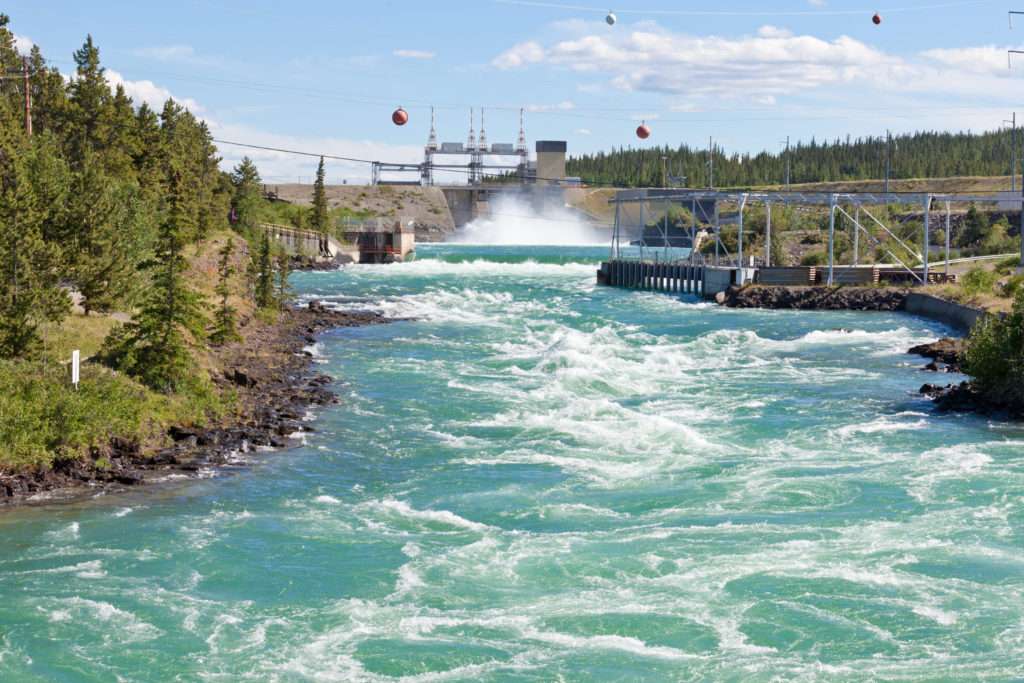The regional and national best practices for minimizing the risks of water-related disasters in Central Asia – The cross-sectoral working groups in Kazakhstan and Kyrgyzstan
Svetlana Shivareva
Executive Director, Regional Center for Hydrology in Central Asia, Kazakhstan (shivareva46@mail.ru)
Latifa Bulekbayeva
National expert, Regional Intersectoral Working Group, Kyrgyzstan (latbul@mail.ru)
Scientific Article

Abstract
One of the most important problem of our age is a global climate change. The climate change became areal threat to people’s livelihoods, which is inevitably reflected in the social sphere – declining living standards, loss of property and need to leave lived-in places, etc. So, the problems of detection, prevention and prediction of natural disasters have received considerable attention in recent decades. Nevertheless, the solution to this problem in Central Asia (CA) is at noticeably low level even against the background of the CIS countries. For the countries of the former Soviet Union in general and the CA region in particular, the focus has always been on responding and eliminating the consequences of disasters. The climate change and natural disasters are transboundary problems and are dependent on natural resource management conditions. Consequently, the effective prevention of natural disasters requires effective cross-border cooperation and joint work of a number of institutions. The purpose of this article is to review the experience in creation and operation of National Intersectoral Working Groups (IWGs) in Kazakhstan and Kyrgyzstan, to facilitate the exchange of information, knowledge and experience between practitioners and professors(students) on the topic of water-related disaster risk management.
Download the articleFor citation: Shivareva, S., Bulekbayeva, L. (2017) ‘The regional and national best practices for minimizing the risks of water-related disasters in Central Asia – The cross-sectoral working groups in Kazakhstan and Kyrgyzstan’, Central Asian Journal of Water Research, 3(1), pp. 6–12.
References
- Monitoring, forecasting of dangerous processes and phenomena on the territory of the Kyrgyz Republic (10th edition with amendments and additions), B.: MES KR, 2012, – 675 p.
- Procedure for determining of flood and mudflow damage zones during debacles of mountain lakes on the territory of the Kyrgyz Republic. – Bishkek: State Commission under the Government of Kyrgyz Republic for Architecture and Construction, Erokhin S. A., KR 22-102, 2001. – 17s.
- “Planquadrat Geoinformation”, Dr. Christoph Dreiser. November 2013, manuscript
- Law “On Civil Protection” of the Republic of Kazakhstan from 11.04.2014
- Interstate Standard. Safety in emergency situations. Monitoring and forecasting. Terms and Definitions. – IAC on standardization, Minsk, 1997.
- Ecological Code of the Republic of Kazakhstan from January 9, 2007 №212-III. Http://kzdocs.docdat.com/docs/index-53046.html.
- Water-energy resources of Central Asia: problems of use and deployment. Eurasian Development Bank. Industry review – April 24, 2008. – P. 42. http://kzdocs.docdat.com/docs/index-53046.html.
- World atlas. – Moscow, ONIKS, PMU “Cartography”, 2010.
- Analysis of the monitoring and prevention system in Central Asia., Nikiforova L. N. – Report at the meeting of the RCH (Kazakhstan branch) 13.05.16. Almaty, 2016.
- Atlas of natural and man-made hazards and risks of emergency situations in the Republic of Kazakhstan. – Almaty, 2010. 264 p.
- The preparedness plan of the Republic of Kazakhstan for natural emergency situations. CoES of the Ministry of Internal Affairs of the RK-UNDP in Kazakhstan, Astana, 2015. – 300 p.
- Atlas of maps of natural hazards in highlands of Pamir-Alai region of the Kyrgyz Republic. p. 55, Bishkek, 2010.
- Kyrgyzstan Climate Risk Profile. CAMP Alatoo in collaboration with UNDP Central Asia Climate Risk Management Program. Bishkek -Almaty, 2013. – 68 p.
- Ilyasov Sh. The profile of climatic risks in the Kyrgyz Republic. Report at the Central Asian Scientific and Practical Conference: “The state and problems of the wheat production sector in the context of climate change”, Dushanbe, May 29-30, 2014.
national intersectoral working groups, risk management, water resources